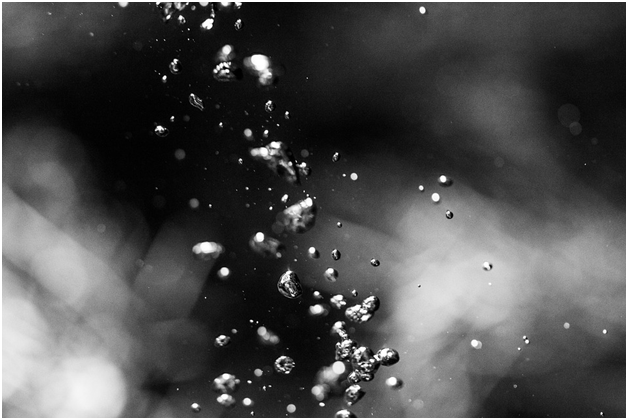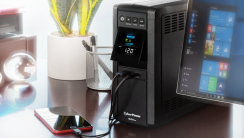
Image Source: https://cdn.pixabay.com/photo/2018/11/02/19/37/air-bubbles-3790915_960_720.jpg
Most times, when people buy a house, they rarely ever think about indoor air quality. While this isn’t exactly a critical mistake, neglecting your home’s indoor air quality could have a negative impact on your quality of life, especially considering that we spend most of our time at home, even during work days. If you haven’t given a thought about your home’s indoor air quality (IAQ), now might be a good time when we consider the many air pollutants we bring home everyday.
What Is Indoor Air Quality?
Indoor air quality refers to the quality of the air inside your home. This has a direct impact on the health and comfort of the people in your home. According to a report from the Environment Protection Agency, indoor air quality is two to five times worse than outdoor air. This is especially the case for homes that have no natural ventilation to bring in fresh air.
The higher the pollutant levels in your air, the poorer the IAQ of the home. While pollutant levels aren’t a significant danger by themselves, the majority of homes have more than just one pollutant source. The cumulative effects of all these pollutants can easily become a serious risk.
How Do You Improve Your IAQ?
There are two general ways to improve your home’s IAQ. There are air filters, and there are air purifiers (which are also known as electronic air filters). Understanding the difference between these two options will help you determine which of these options is better for your home.
Air Filters vs Air Purifiers
Air filters usually come with HVAC systems and they need to be replaced periodically. They work by filtering the air of larger dust particles such as dead skin and pet hair. There are many factors to consider when selecting air filters such as MERV rating (minimum efficiency reporting values, which is a measurement of how much matter passes through the air filter), air filter type (HEPA, pleated, fiberglass, washable), size. This isn’t as complicated as it sounds because your HVAC manual will indicate the type of air filter that it needs.
On the other hand, air purifiers improve your IAQ by actively killing airborne pathogens or by rendering them inert and harmless. Air purifiers are a standalone appliance and there are three main types of air purifier:
Ionizing - ionizing air purifiers remove bacteria from the air by creating an electrical field that causes ions to attach themselves to bacteria in the air. The purifier emits the opposite charge, which then attracts the bacteria to the air purifier.
Absorbent - absorbent purifiers use active carbon to trap the particles in the air.
UV light - UV light air purifiers emit ultraviolet radiation that can render many microorganisms sterile, which effectively makes them harmless.
While air purifiers do not completely eliminate air pollutants, they are able to minimize them to an extent that they won’t be as dangerous.
Better air quality can have many health benefits and quality of life improvements especially for people who have asthma and other respiratory diseases. While better air quality may not increase the value of your home, there are some buyers who will be particular with IAQ. Good indoor air quality can even reduce the spread of infectious diseases such as the recent COVID-19 virus.









Author
Homesgofast com
Homesgofast.com is an international real estate portal and news source for Google news. Publishing international real estate, finance, homes and travel-related news and blogs for a targeted audience since 2002. Each news item is circulated to thousands of potential readers each day and is also available to the millions of people who sign up for Google news alerts. Find homes offered for sale and to rent direct from owners and some of the best real estate agents from over 35 countries